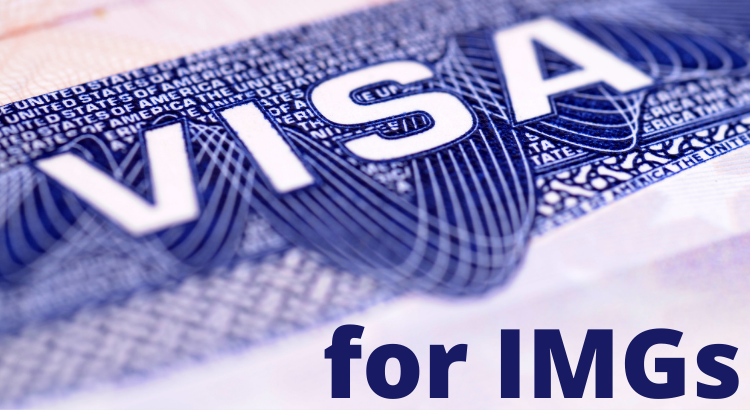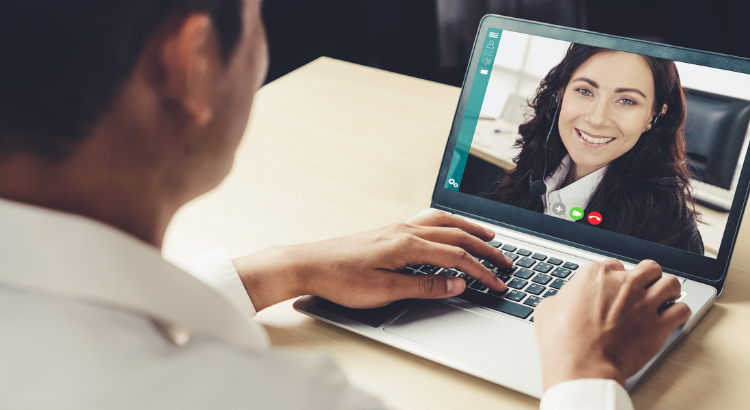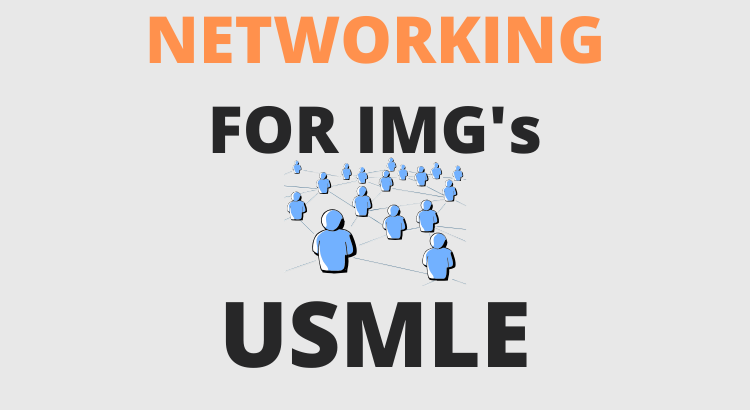If you have completed your medical education from a medical school outside of the United States, you are considered an International Medical Graduate (IMG). While some IMGs may have either a US citizenship or a Green Card (GC), most IMGs require a visa to enter and practice in the US. This post gives a brief outline of the different types of visas available for IMGs.
The B1/B2 visa – Electives
This is the most common category of visas applied to by people visiting the US for short trips for business/tourism.
This the the visa that will be required by most IMGs to enter the US for electives and observerships.
Note, this visa lets you stay in the US for a maximum of 6 months at a stretch.
Find out more about how to apply for the B1/B2 visa here.
The F (Student Visa) – Electives
While this is rare, some elective/ clerkship programs may require you to have an F1 visa in order to complete the elective.
I personally know some programs in Texas that require an F visa. If you have more insights on this, you can mention it in the comments section below as it will help your fellow IMGs.
Visas required for Residency Training.
While the above two visa categories are required for completing electives and observerships over the short term, you cannot complete your residency training on these visas.
There are two types of visas that are accepted for residency training – J1 and H1B. Both have their pros and cons and are discussed below.
The J visa
- The J1 visa is a temporary “non-immigration” visa given for the purposes of educational training.
- It is sponsored by the ECFMG, which is the body that deals with international medical graduates.
- Most residency programs now accept only J1 programs. This is especially true for the more prestigious University programs that almost always accept only J1 visas.
- It is easier to get a fellowship on a J1 visa as compared to an H1B visa. This is especially true for competitive fellowships like Gastroenterology and Cardiology. The reason is that even fewer fellowship programs sponsor H1Bs as compared to J1 visas.
- The J1 visa is limited to the duration of training (maximum of 7 years)
- After you finish your residency training, there is a requirement to go back to your home country and work for a minimum of 2 years before you can seek a job and permanent residency in the US
- The only way to bypass the home requirement is to do a J1 waiver. Which requires you to serve in an underserved/ underrepresented area in the US for a minimum of 3 years. You can find out more about J1 waivers here.
The H1B visa
- This is a temporary work visa.
- It is sponsored by residency programs that are willing to do so. (This means additional expenses for the residency programs to have immigration lawyers, hence very few offer H1B visas.)
- They are generally offered by large community programs. And fewer programs are offering H1Bs every passing year.
- It is limited to a period of 3 years with an extension available (up to 6 years)
- Requires you to have Step 3 before you can apply for an H1B visa. This will be mentioned on the website of the residency programs that sponsor H1B visas.
- Does NOT have the 2 year home residency requirement and therefore no question of a waiver job.
The Bottomline
Although making a choice about visas can be really tough, here are the things to consider.
- If you have your heart set on doing a competitive fellowship like GI or Cardiology, a J1 visa may be better for you.
- If you only want to train in big University programs, most will only accept J1 (They do not sponsor H1B visas, with some exceptions)
- If you are not hell bent on training in a University program and you would like to do a relatively non competitive fellowship like Nephrology, Infectious Diseases, etc choose the H1B as it does not have the home residency requirement and you can transition to a green card faster.
This article provides only the most basic overview of the different types of visas. I would love to hear your perspectives and questions in the comments section below.
We are now offering USMLE Consultation. For a FREE seminar on USMLE as well as for various personalized consulting options check out our USMLE consultation page.
This article has been written by Dr. Rohit Nathani who is a medical resident at NYC. Ask your questions in the comments section below.
To submit your USMLE experience, go to the Contribute page. Your experiences can help other IMGs in their journey! You can also email us at theindianmedicalstudent@gmail.com


